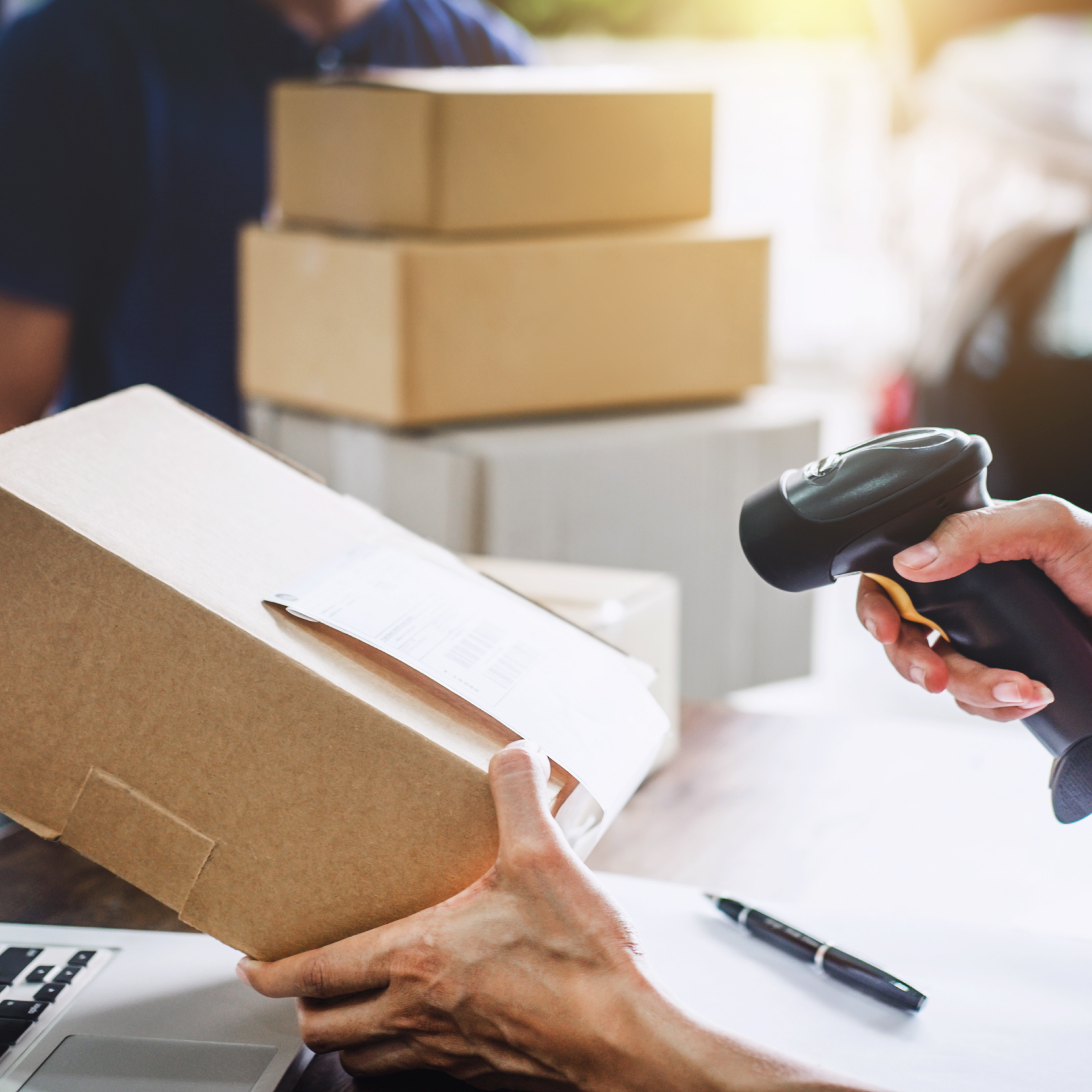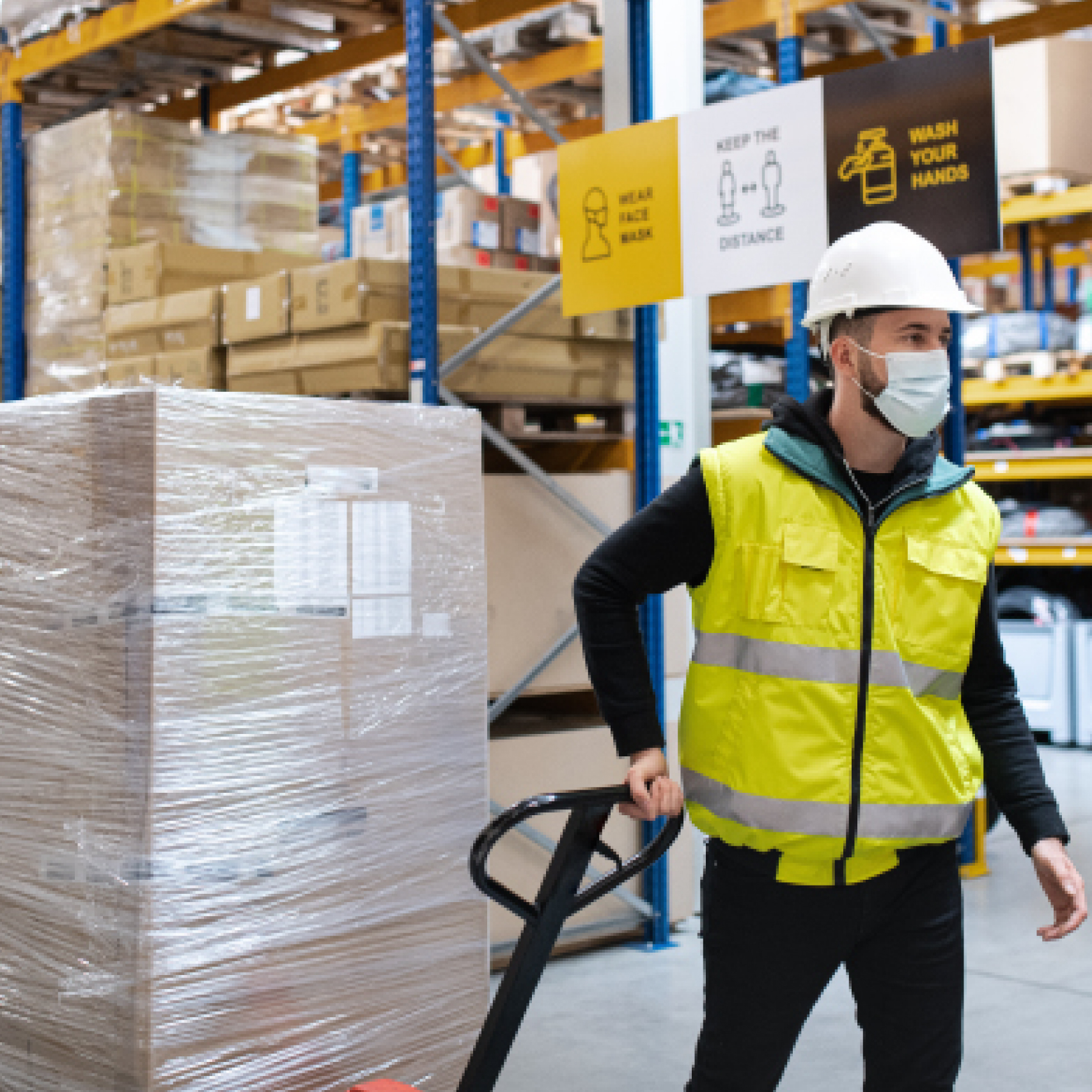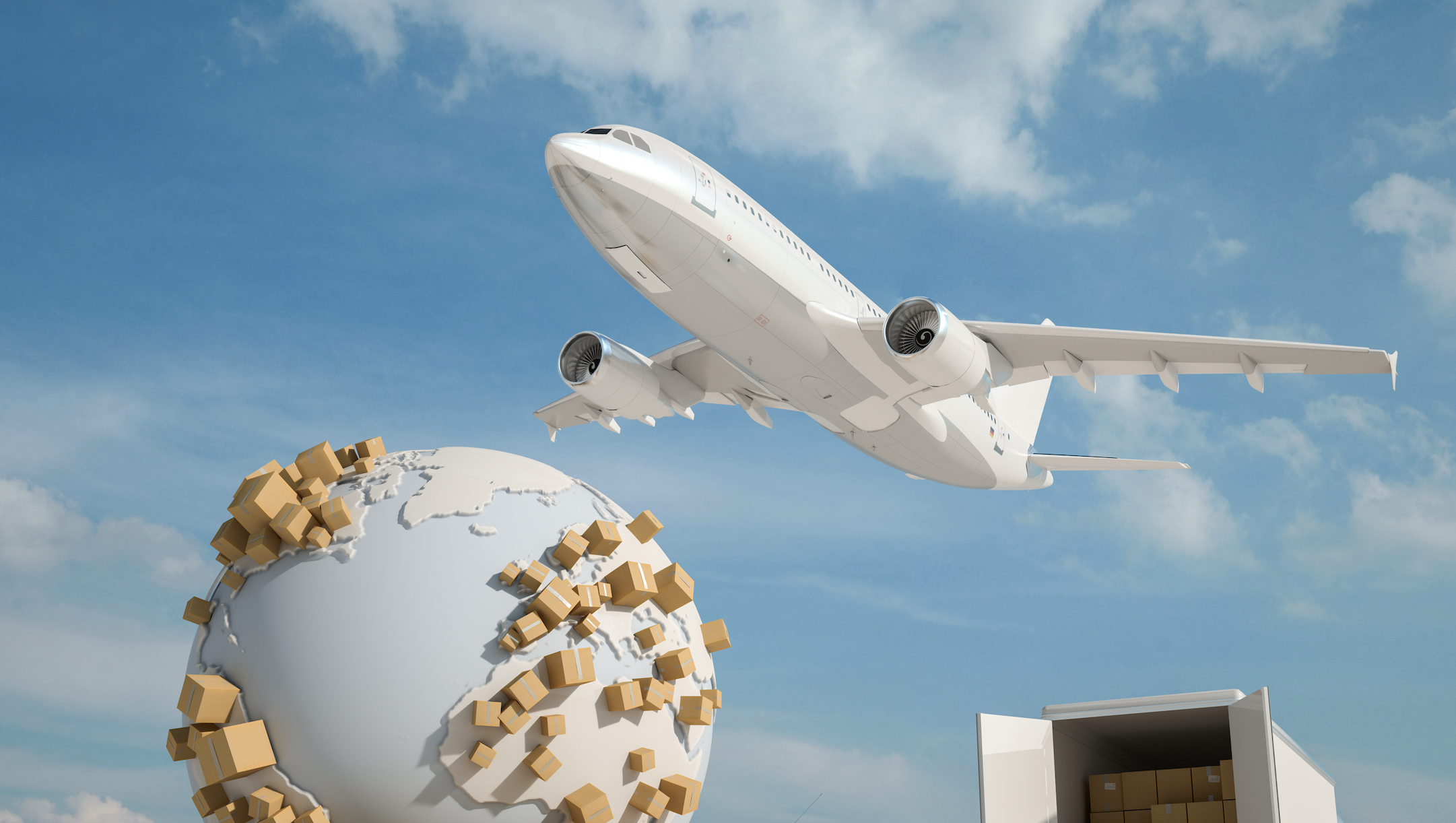Businesses have been bracing themselves for Brexit for 4 years but this year the countdown to Brexit became very real – and then of course 2020 threw us an even bigger curveball.
The Coronavirus pandemic has really tested the resilience of retailer supply chains, as a dramatic spike in orders followed a sharp decline in supply. In May, online sales hit a 10-year high and were up 24% on the same month in 2019 (IMRG Capgemini Retail Index 2020). Retailers were left with a bottleneck of delays as they struggled to fulfil demand and maintain stock levels. This exposed some key weaknesses in business supply chains, with the importance of contingency and agility shifting sharply into focus.
As the world gets to grips with the ‘new normal’, what can we learn from the impact of Covid19 and how can we apply these key learnings to supply chain strategies now as the Brexit transition period comes to a hard stop on 31st December 2020.


1. Diversify suppliers
One of the biggest learnings we can take from the Covid situation this year, is to spread out potential risk as much as possible, and not to keep “all your eggs in one basket”, especially when it comes to suppliers.
Many retailers rely on “The Factory of the World” to source their products, but when the virus first appeared in China, the country swiftly closed its borders, leaving stock levels hanging in the balance for many retailers.
Do you have suppliers in the EU? We don’t know what will happen when border-free trade ends on 31st December. It’s unlikely there will be a complete halt on supply, but there will be some significant changes to customs and import/export duties, which could lead to longer transit times and potentially higher costs.
Diversifying your network of suppliers will help spread and reduce the risk, so that if you come up against any problems importing stock from Europe, you can quickly pivot and order stock from alternative UK-based or international suppliers.


2. Relocate warehousing and fulfilment
Just as there may be delays and costs importing goods from the EU, the same will apply when shipping orders out to your EU customers.
If you have a large customer-base in the EU, or have plans to expand to Europe, shipping from the UK will incur more complex customs processes and duties, which could result in longer transit times, delays, or worse, return to sender.
Moving part of your fulfilment operation to the EU could help you avoid the cost and complexity of border controls, customs documentation and Duties altogether. This means your suppliers can deliver to your EU warehouse or fulfilment centre, and you can deliver from this location directly to your EU customers for faster shipping and a more seamless delivery experience. This will reduce the risk of delays and costs, as well as provide a base to continue growing your business in EU countries.
If this is not for you, there are a number of things you can do now to reduce the risk of border control issues from the UK, such as using Paperless Trade and getting a Duty Deferment account – check out our Brexit Checklist for a full list of everything you can do now to minimise disruption to delivery and returns from January 2021.


3. Protect Final Mile Delivery
Contingency means giving yourself flexibility and agility to adapt to change.
At the beginning of lockdown, carriers were overwhelmed, running over-capacity most days, and if this happens, it means they can stop collections and refuse parcels. This is not uncommon, and we see this often during peak sales periods like Christmas. On the other hand, we’ve even seen major carriers go into administration at crucial times of the year.
If you rely on a single carrier, and this carrier comes up against any problems, your parcels can’t go anywhere, which just creates a traffic jam of customer orders that creates a cycle of delays. The trick is to have multiple carriers at your fingertips so you can easily switch if you need to. An added bonus of this is that you can use each carrier to your advantage and tailor delivery to each customer, product and destination to strike the right balance between service and cost-efficiency, which also gives the customer the best possible delivery experience and helps you manage costs.


4. Improve Returns Efficiency
As lockdown boosted home delivery, this has inevitably also led to an increase in returns.
But returns have a direct impact on the bottom line – in fact they cost UK retailers a whopping £60bn a year! (ZigZag, 2020)
Post-Brexit, EU returns could be subjected to additional customs and duties requirements, which would create even more complexity and cost for businesses.
With 89% of consumers checking the returns policy before making a purchase (UPS – “Pulse of the Online Shopper), retailers can’t afford to leave returns to chance. But retailers will need to manage the customer experience with operational cost – and this all comes down to efficiency.
A paperless returns portal (like GFS Global Returns Pro) can help you electronically generate the required customs declarations for duty relief on cross-border returns , to ensure cross-border returns are as swift and seamless as possible for customers, and that you don’t pay duties twice.
Alternatively, if you choose to relocate your fulfilment operation to Europe, you could avoid the dreaded red tape altogether.


2020 will be the year when retailers face the perfect storm
eCommerce has boomed as social distancing moves consumers away from the high street, and soon we’ll be heading towards peak AND Brexit at the same time.
Both Peak and Brexit will throw up a lot of unknowns. We don’t know what social distancing measures will still be in place over Christmas, or how consumer confidence will be impacted.
Forecasting and planning can only take you so far, which is why it is vital to focus on mitigating potential risk and having contingency plans in place.
Now is a critical time to strike the right balance between protecting the bottom line and the customer experience.
Here at GFS, we have been prepping for Brexit for the last 4 years, working closely with our carriers and customers to understand how the industry is evolving to future-proof against Brexit and how we can help retailers.
That’s why we have set up GFS Europe, to help businesses move their operations into Europe easily as contingency in response to Brexit. As part of this new service, we are now offering warehousing and fulfilment services, as well as collections, deliveries and returns from/to anywhere in Europe.












